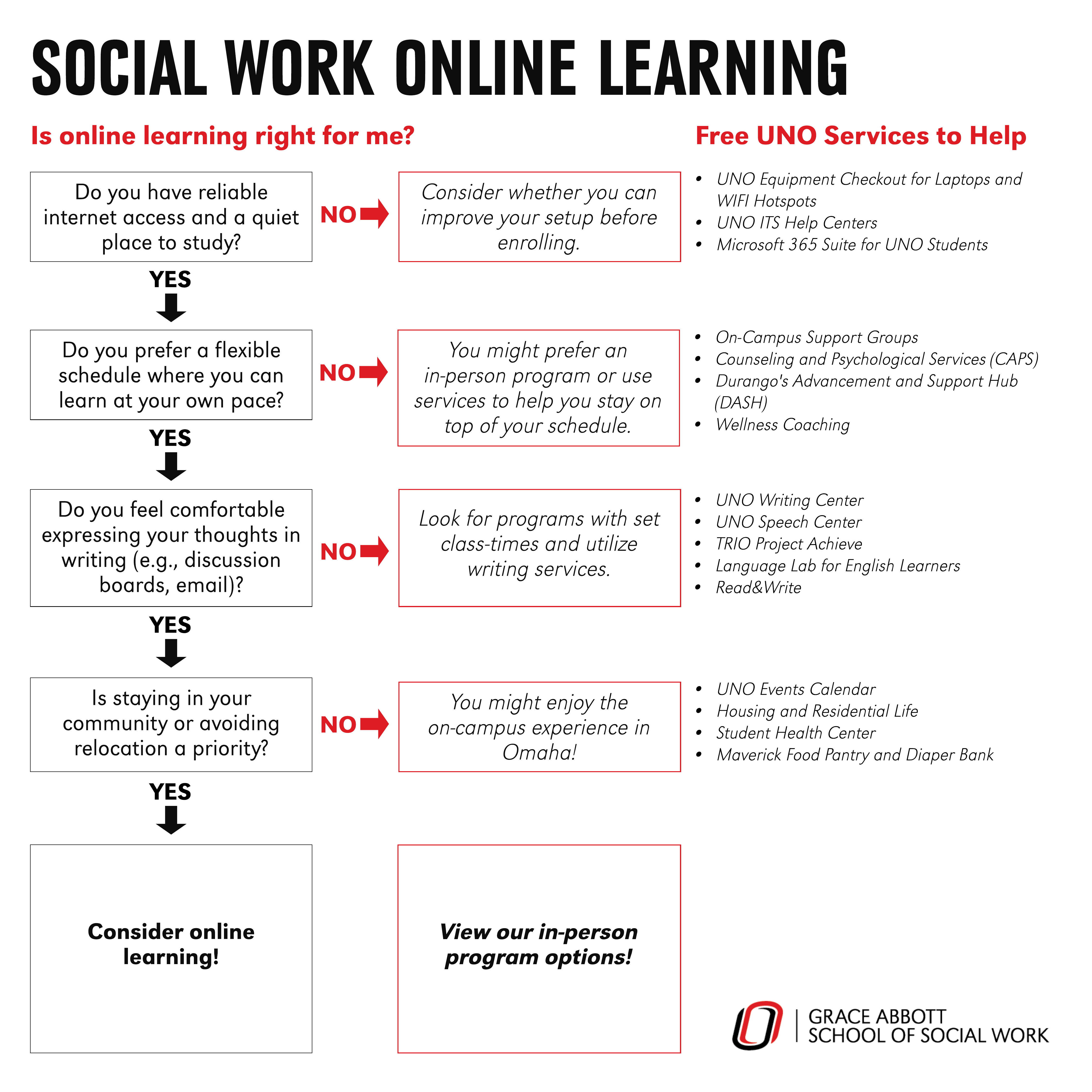Overview
Join our UNO Maverick family and take the next step toward a meaningful career in social work. Our fully online Bachelor of Science in Social Work (BSW) program is designed for students who already have 60 credit hours complete and are ready for the final phase of their undergraduate journey. This structured, two-year program offers the flexibility you need with fully online courses and live, synchronous sessions that keep you connected to a supportive cohort of peers. You’ll move through the program together, building community while learning from experienced faculty who curate high quality, no cost materials so you'll never buy a textbook. A field practicum in your own community allows you to apply your passion locally, so you can truly grow where you’re planted.
Program begins Fall 2026! Accepting applications November 1, 2025 – March 1, 2026.
Next application deadline: November 1-March 1, Next term start date: August 24, 2026, link to application coming soon.
Online program information sessions
Want to know more before you apply? Join us for a free online information session where we will cover details about the program and answer your questions.
Sign up to join us by clicking here.
Upcoming information session dates:
- Tuesday, November 4 at 5:00-6:00pm CST
- Wednesday, December 3 at 12:00-1:00pm CST
- Wednesday, January 7 at 5:00-6:00pm CST
- Tuesday, February 3 at 12:00-1:00pm CST
- Wednesday, March 4 at 5:00-6:00pm CST
Why This Program
Why UNO
Choosing the University of Nebraska at Omaha means choosing a place that’s committed to your success — both inside and outside the classroom. At UNO, you’ll benefit from the resources of a nationally recognized research university, while still feeling part of a supportive, close-knit community. Affordable tuition, strong financial aid, and plenty of opportunities for internships, service learning, and community engagement make UNO a smart investment in your future.
Named after Nebraska’s own trailblazing social reformer, the Grace Abbott School of Social Work is rooted in a tradition of advocacy, service, and social justice. Our Bachelor of Science in Social Work program is fully accredited and designed to blend theory with practice — giving you hands-on experience through field placements in real agencies where you’ll work alongside professionals. You’ll learn from passionate faculty who are not only dedicated teachers but also active researchers and advocates. At Grace Abbott, you’ll join a community that values your voice, prepares you to make a difference, and equips you with the knowledge and practical skills to thrive as a future social worker.
Learn more about the Grace Abbott School of Social Work.
What Can You Do with a BSW After Graduation?
Why Our Online BSW Works
Flipped Classroom Model
In our Online BSW, we use a flipped classroom model to make learning more engaging and practical. Instead of sitting through long lectures in class, you’ll explore key concepts ahead of time through short videos, readings, or other resources provided in the Canvas course. That way, when we come together in class each week, the focus is on applying what you’ve learned—through discussions, case studies, group projects, and hands-on problem-solving. This approach lets you learn the basics at your own pace and then dive deeper during class with the support of your instructor and classmates. The flipped model is designed to keep you actively involved, encourage collaboration, and help you connect theory to real-world social work practice.
| Flipped Classroom Model | ||
|---|---|---|
| Individual Pre-Class Asynchronous Preparation | Weekly Online Synchronous Cohort Class | |
| Engage with course material (e.g., videos, readings, podcasts) | Communicate regularly with instructors and classmates | Attend weekly rotating classes with instructors and classmates |
| Gain foundational knowledge at your own pace | Network and make connections with classmates | Instructors use class time for interactive activities (e.g., case studies, discussions, group projects, problem-solving, peer teaching, simulations) |
| Take responsibility for your learning | Work on class material and attend class from anywhere | Instructors and peers provide real-time feedback and clarification |
| Schedule group work when it's most convenient for everyone | Get your questions answered | |
| Gather questions you have about the material | ||
Learn more about online course modes and definitions here.
Online Learning Readiness Flowchart
Use this flowchart to help determine if the online or in-person BSW is the right program for you. UNO offers many free programs that might make either program possible for you.
Tools and Tips for Online Learning
UNO offers a guide including tools and tips for taking online courses.
Careers
There are endless opportunities to use your BSW to enact change in your communities. Social Workers can be found everywhere – from schools to prisons, from government seats to hospitals, from law offices to therapy clinics. Grace Abbott graduates can be found all across the country, drawing new paths and impacting lives.
The mental health field within social work is focused on providing therapy and support to a wide variety of people, from children to older adults, in diverse settings. Social workers help clients navigate challenges such as depression, anxiety, trauma, and life stressors by offering evidence-based interventions and compassionate care. This career area is deeply relational and holistic, aiming to promote healing, resilience, and empowerment while considering the broader social and systemic factors that influence mental well-being.
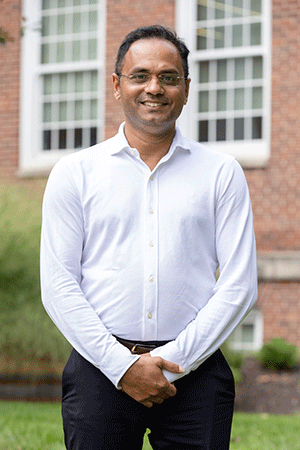
Anvar Vakkayil, PhD, Associate Professor
Meaningful careers can be found in hospital settings, hospice, or community-based health programs. Social workers contribute to the medical field by ensuring patients' basic needs (socialdeterminatess of health) are met so that they can focus on their health and wellbeing. Social workers connect client to resources, provide an empathetic listening ear, and advocate for a holistic approach to healthcare for all patients.
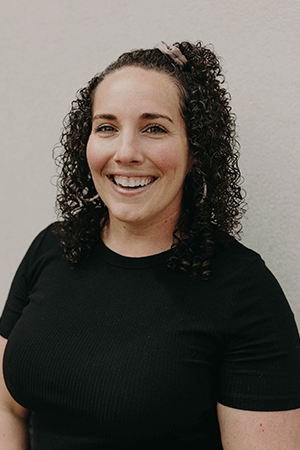
Christina Chesters, MSW, LCSW, Adjunct Instructor
Social workers integrate the systems perspective into policy work and have a sole focus on how policies impact vulnerable individuals in our society. It is like being a lobbyist for the people who need it the most, working with colleagues from law, business, economics, public health, and more.
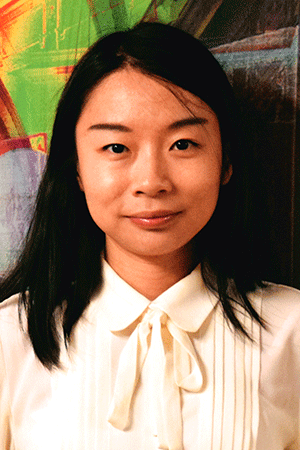
Yiwei Zhang, PhD, Assistant Professor
BSW social workers assist specific populations by working for programs and organizations that serve these populations. BSW social workers provide guidance, advocacy, develop care plans, and connect individuals with resources. They advocate for the needs of a population, providing expertise and resources specific for the population.
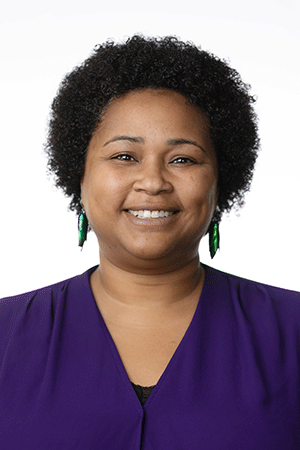
Lequisha Turner, PhD, LP, LCSW, Assistant Professor
Social work skills are effective in addiction treatment given our person-in-environment perspective. People with addictions need to make a complete lifestyle change and social workers are well-equipped to support that multi-faceted change.
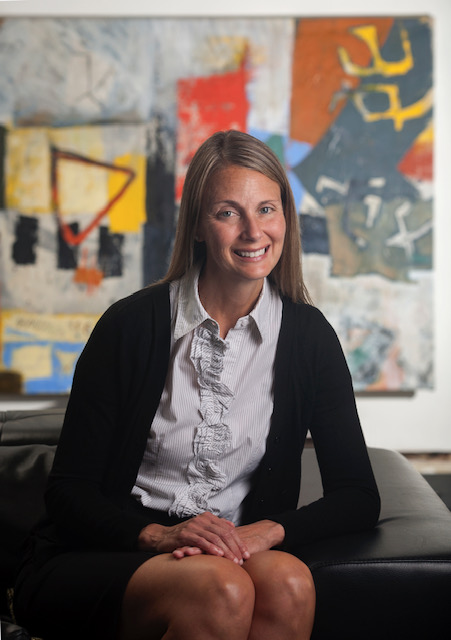
Kersten Borer, MSW, LIMHP, CMSW, LADC, Instructor
Social workers contribute by contextualizing cases with insight into human behavior, family systems, and community supports. They help ensure that vulnerable individuals are treated fairly, bringing a person-centered perspective into systems often dominated by rules and procedures. Social Workers advocate for the person in their environment and even within the structure of the courts remind the system that this is about people, not just protocols.
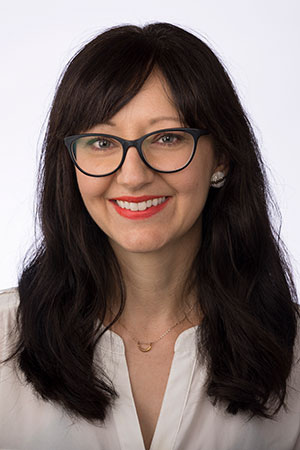
Dr. Heidi Adams Rueda, Associate Professor
School Social Workers create supportive, inclusive, and effective learning environments for students, families, and schools. They help students cope during times of crisis, access mental health services, build resilience, and develop the personal and social skills they need to thrive. Through collaboration with educators, administrators, and community organizations, they promote prevention programs and policies that address key issues like attendance, mental health, school safety, and more.
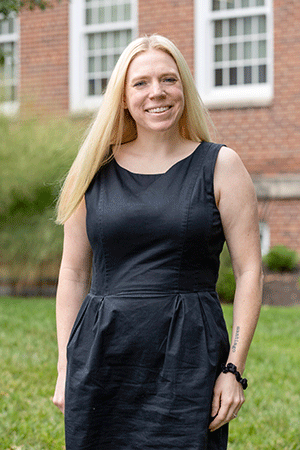
Michelle Manning, LICSW, LISW
Unlock more with an MSW to further your career possibilities with licensure.
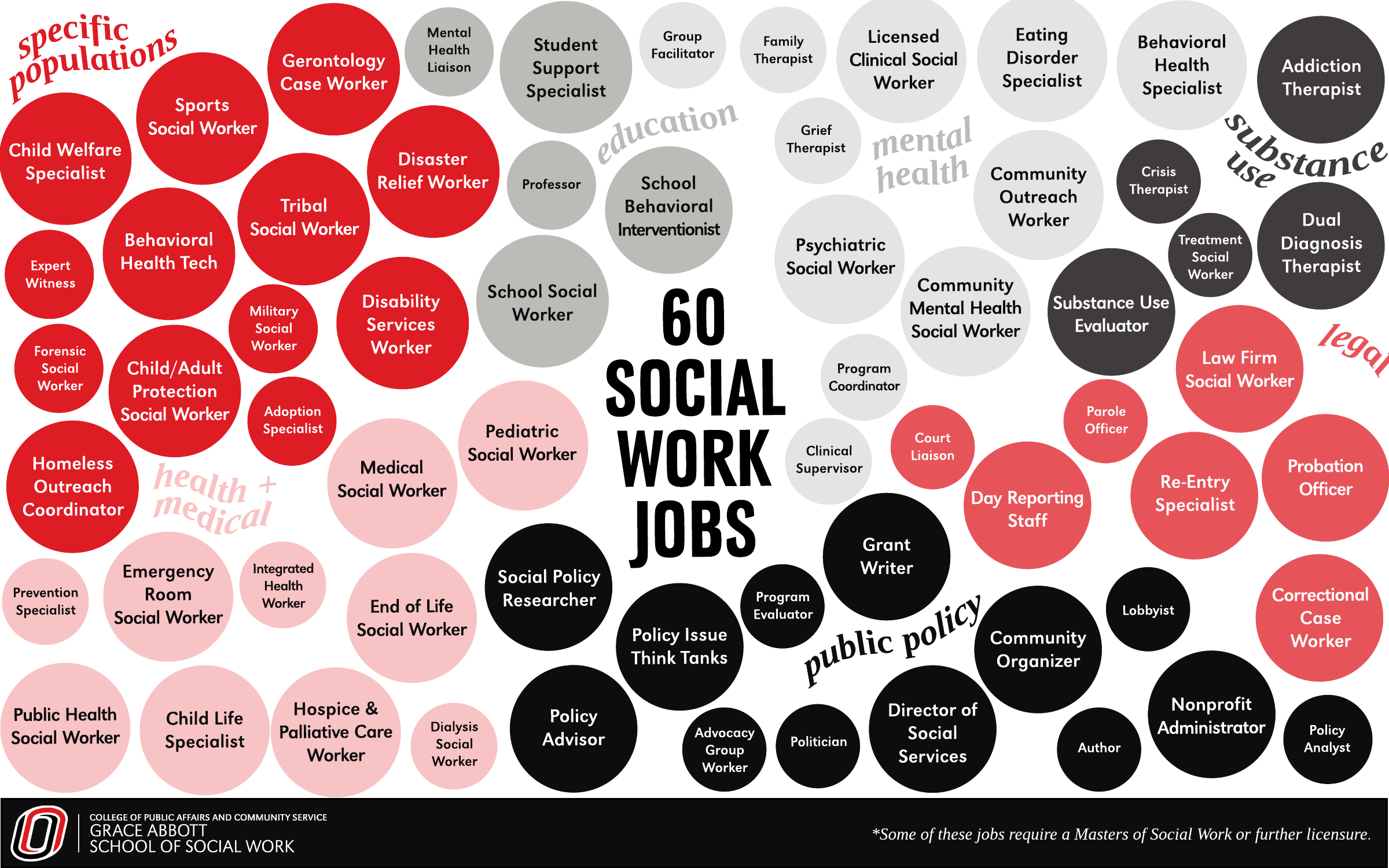
Courses/Plan of Study
Below are the required courses for the BSW program. Electives may or may not be required based on each individual student's academic history upon entering the program.
Online BSW Plan of Study
| Year 1 | ||
|---|---|---|
| Fall | Spring | Summer |
| Human Behavior and the Social Environment I | Human Behavior and the Social Environment II | Elective (if needed) |
| Social Work with Individuals and Families | Social Work with Groups and Communities | Elective (if needed) |
| Writing for Social Work | Social Welfare Policy | |
| Permanence for Children | Crisis Intervention | |
| Elective | Elective | |
| 12-15 Total Credits | 12-15 Total Credits | 0-6 Total Credits |
| Year 2 | ||
|---|---|---|
| Fall | Spring | Summer |
| Research Methods | Trauma and Resilience | Elective (if needed) |
| Case Management | Social Work Specific Elective | Elective (if needed) |
| Field Practicum I | Field Practicum II | |
| Elective | Career Prep | |
| Elective | ||
| 12-15 Total Credits | 13-16 Total Credits | 0-6 Total Credits |
**Students may need to enroll in additional online electives depending on how many total credits they have when they begin. All students are required to have 120 total credits to graduate from UNO.
Course Highlight
Human Behavior in the Social Environment 1
Dive into the theories and knowledge which explain people in their environments across the lifespan, the basis of Social Work! Students compare a stage of development in their life to a chosen interviewee, applying development theories learned in the course.
Heidi Rueda, PhD, Associate Professor

Generalist Practice 1
This course provides a detailed overview of the Generalist Model of Social Work Practice. All students engage in experiential assignments during class time to practice each step of the model. The primary focus is applying these interventions to individuals, families, and small groups.
Kersten Borer, MSW, LIMHP, CMSW, LADCC, Instructor
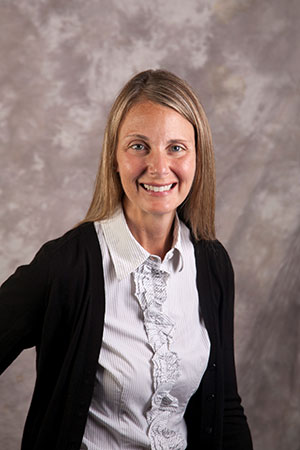
Crisis Intervention (Elective)
This course equips students with the knowledge and skills to support individuals in acutely distressing situations. Through role-play and case study activities, students practice comprehensive risk assessment and suicide prevention, building confidence in real-world crisis response.
Ciara Warden, MSW, LICSW, Instructor
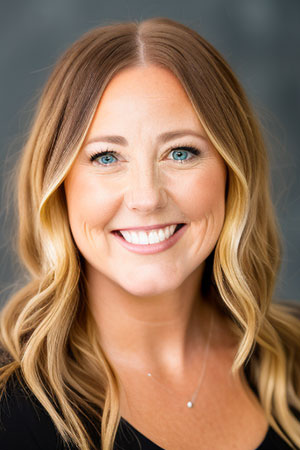
Admissions and Aid
Admission Requirements for the Online BSW Program – Fall 2026 Start
Students interested in the Online Bachelor of Social Work (BSW) Program must meet the following requirements prior to the program starting in Fall 2026. While these requirements do not need to be completed at the time of application (application window: November 1 – March 1), they must be fulfilled before the program begins.
Admission Requirements:
- Completion of at least 60 credit hours
- Completion of general education requirements
- Completion of the following courses (or their equivalent):
- SOWK 1000: Social Work and Social Welfare
- SOWK 1500: Social Work and Civic Engagement
- SOWK 2120: Race, Class, and Gender
Note for Transfer Students:
Transfer students completing an Associate of Arts or Associate of Science degree will typically meet the 60 credit hour requirement and likely fulfill general education requirements as well. For those not completing a degree, we are happy to review transcripts to determine eligibility.
If you have not yet completed SOWK 1000, 1500, or 2120, these courses are available fully online during the summer semester at UNO and can be taken before the program begins.
Want more information about the admissions process? Contact graceabbott@unomaha.edu or 402.554.2793
Cost Transparency
Learn more about financial aid at UNO.
View UNO online tuition rates here.
Omaha Urban Rate (OUR) Tuition
Students from many states receive reduced tuition rates when attending UNO, even online. Undergraduate students who graduated from a high school in or reside currently in one of these states qualify.
|
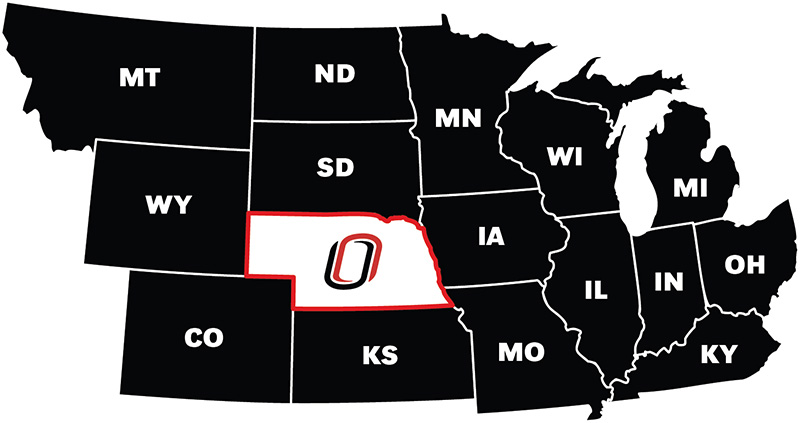 |
Learn more about OUR tuition here.
Scholarships
Grace Abbott students can complete the General UNO Scholarship application to me matched directly to Social Work scholarships they qualify for. We have generous funders each year who want to support our students, no matter their academic standing.
Learn more about scholarships at UNO.
Nebraska Promise
Fully online undergraduate students do qualify for the Nebraska Promise at UNO, meaning they can receive free tuition if they meet academic and family income qualifications. Students must be Nebraska residents, enrolled full-time (12+ credits), have a family income of $65,000 or less, and maintain a 2.5 GPA.
Learn more about the Nebraska Promise.
Open Access Materials
Open Educational Resources (OER) provide free, high-quality digital textbooks and learning materials for each course as part of the Online BSW Program. Approved by the Council on Social Work Education (CSWE) in early 2025, this innovative program expands access to social work education, ensuring that more students can achieve their academic and professional goals – no matter where they live or what they can afford.
Learn more about OER at UNO.
Frequently Asked Questions (FAQ)
What resources are available to help me succeed academically in an online environment?
UNO offers many resources available to all students, online included! Some of these resources include laptops and Wi-Fi hotspots for checkout, Writing and Speech tutoring centers, Counseling and Psychological Services (CAPS), Maverick Food Pantry, Student Legal Services, Language Lab for English Learners, and so many more. Explore all of UNO’s student resources here.
When will my online synchronous cohort class meet?
The fall 2026 online BSW cohort will meet every Tuesday from 1pm-3pm over Zoom.
How long does it take to get a BSW?
Most students apply to the program halfway through their undergraduate degree. Once you start, we anticipate the program to be roughly 2 years long.
Is field work a required part of my degree?
Yes, and it's one of the most valuable parts of your learning experience. Even though the program is online, you'll complete in-person field work that lets you apply classroom knowledge directly in real-world settings. Our team will help you find and secure a placement site in your community, ensuring you're supported every step of the way.
Can I take more than two semesters to complete my required field work?
It depends. If you are graduating, you must complete all of your field hours by the graduation date for that semester. If you are not graduating, there is some flexibility, but you will need to discuss your specific situation with your faculty liaison to determine an appropriate plan. Learn more about Field Practicum here.
Can I do my field work in the city I live in?
Yes, absolutely! Your field practicum advisor will be with you every step of the way to find a practicum site in your community that works for you.
Does this program qualify me for licensure in my state if I am not in Nebraska?
Each state's licensing board has different requirements, however the Grace Abbott School of Social Work is nationally accredited through the Council on Social Work Education. It's always best to make sure you understand the licensing requirements for the state in which you work.
Can I get a minor online alongside my BSW?
Absolutely! Minors are not built into the Online BSW cohort curriculum, so you will have to make it part of your individual schedule, with the help of our advisors. UNO offers many Online Minor options, which you can explore here.
Do you have more questions that were not answered here? We welcome you to sign up for an information session or contact our program.
Ready to take the next step?
We would love to connect with you!
- Request more information.
- Attend a program information session.
- Contact the Online BSW Program by emailing graceabbott@unomaha.edu or calling 402.554.2793.

